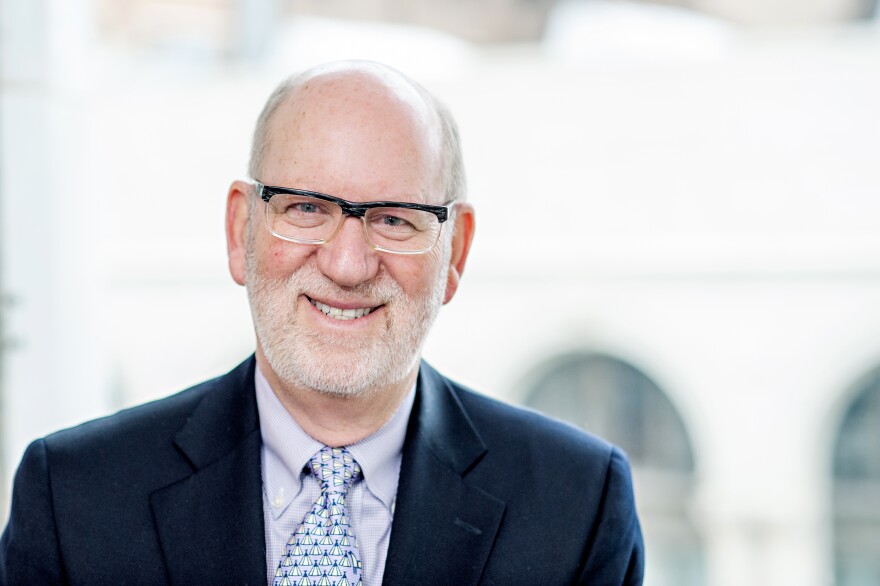The idea of “slow streets,” where lanes of traffic are taken out for pedestrians or restaurant patios, is coming to Vancouver, B.C. It is being seen as one way to both fight the novel coronavirus and help rebuild the economy.
The City of Vancouver is closing portions of up to 50 kilometers, or just over 31 miles of streets. In many neighborhoods this may be the curb lane next to the sidewalk, and in other areas restrictions to local traffic only.
This will allow more room for bicyclists and pedestrians to pass each other, and give restaurants the ability to install outdoor patio seating. Restaurants have been ordered when they reopen to maintain physical distancing efforts inside.
Michael Geller, a longtime architect, urban planner and real estate consultant based in Vancouver, says the city has fallen behind most world cities for making better use of streets.
“So, the notion that we might now start creating slow streets, which is an odd word, I think is an excellent direction to go in,” Geller said. “And it's ironic that it has taken a pandemic to encourage this sort of thing to happen.”
To help restaurants, the City of Vancouver says it also will speed up the permitting process for them to have outdoor seating.
Similar initiatives also are being tried in Portland, Oregon, and Oakland, California.
So far in Vancouver, there are 10 locations where a lane of parking has been removed for pedestrians to more freely move around lineups outside of businesses. There are upwards of 50 other locations that also have been identified for the same thing.
A report by Vancouver done in early May found an 80 percent decrease in transit use from the previous time last year. Likewise, it finds a 35-50 percent drop in people bicycling to work, but an increase in recreational cyclist peddling their way through the city.
Geller says previous similar street closures have resulted in some parking issues, but not any long-term impacts on traffic.
Geller, the veteran architect, also says the idea of “slow streets” would definitely work for Seattle.
“This is definitely an idea that will work. And most North American cities, but especially Seattle, because it's always, in my mind always been a progressive city,” Geller said. “There are areas in downtown Seattle, which have a wonderful pedestrian environment to begin with.”
He added that the more temperate climate and the general attitude in the Pacific Northwest makes it better suited for the idea than places like Chicago or New York.
“And if need be, yes, there'll be blankets and there will be heaters,” Geller said. “And there will be a canopy to keep people dry when it's raining, but it's definitely a solution for Seattle.”






